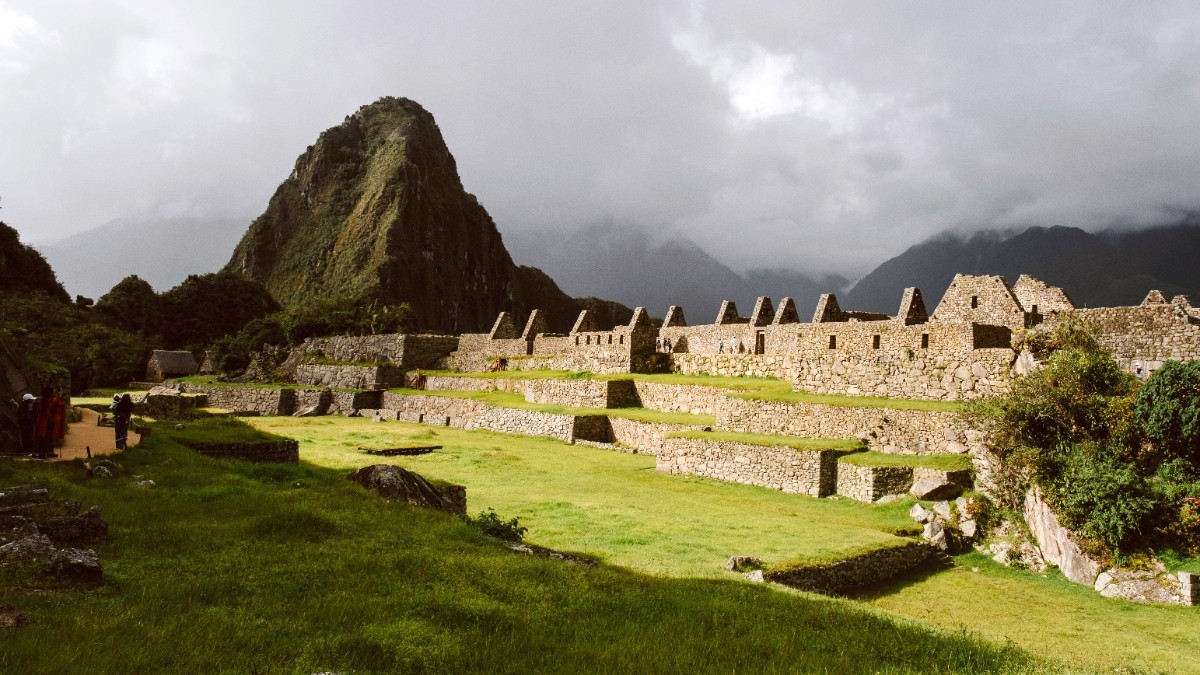
Peru
Machu Picchu is an UNESCO World Heritage site, protected for both its cultural and natural significance.
Be aware of water scarcity in some Andean communities and conserve resources.
Ensuring your presence contributes positively to local economies and traditions.
Engage thoughtfully with Peru's rich heritage.
Polite and mindful interactions enrich your experience.
Always ask permission before photographing individuals, especially in rural areas. Respect 'no' responses. Observe 'no photography' signs in museums and sacred sites; flash photography is usually prohibited. Drones are generally not allowed at major archaeological sites like Machu Picchu.
Enter quietly, remove hats, keep voices low, and do not touch altars or artifacts unless permitted. Observe services respectfully.
When taking photographs, always ask permission. Show deep respect for ancestral sites and cultural traditions by adhering to local etiquette.
Ensure your travel contributes positively to local economies and communities.
Directly supporting local communities benefits everyone.
Conscious purchasing helps preserve artisan livelihoods.
Your spending choices can make a significant difference locally.
Eat at local restaurants, especially those offering 'Menu del Día', to support small businesses.
Purchase produce and goods from local markets to directly support local vendors.
When booking tours, choose operators that employ local guides and staff; this directly supports the local economy.
Do not contribute to child begging. Never purchase archaeological artifacts; it is illegal and damages heritage. Be cautious of "volunteer tourism" that may displace local jobs. Direct financial aid best channeled through established NGOs like The Rainforest Site (GreaterGood) Therainforestsite.greatergood.com.
Support local economies by choosing community-based tourism, purchasing fair-trade goods, and dining at local establishments.